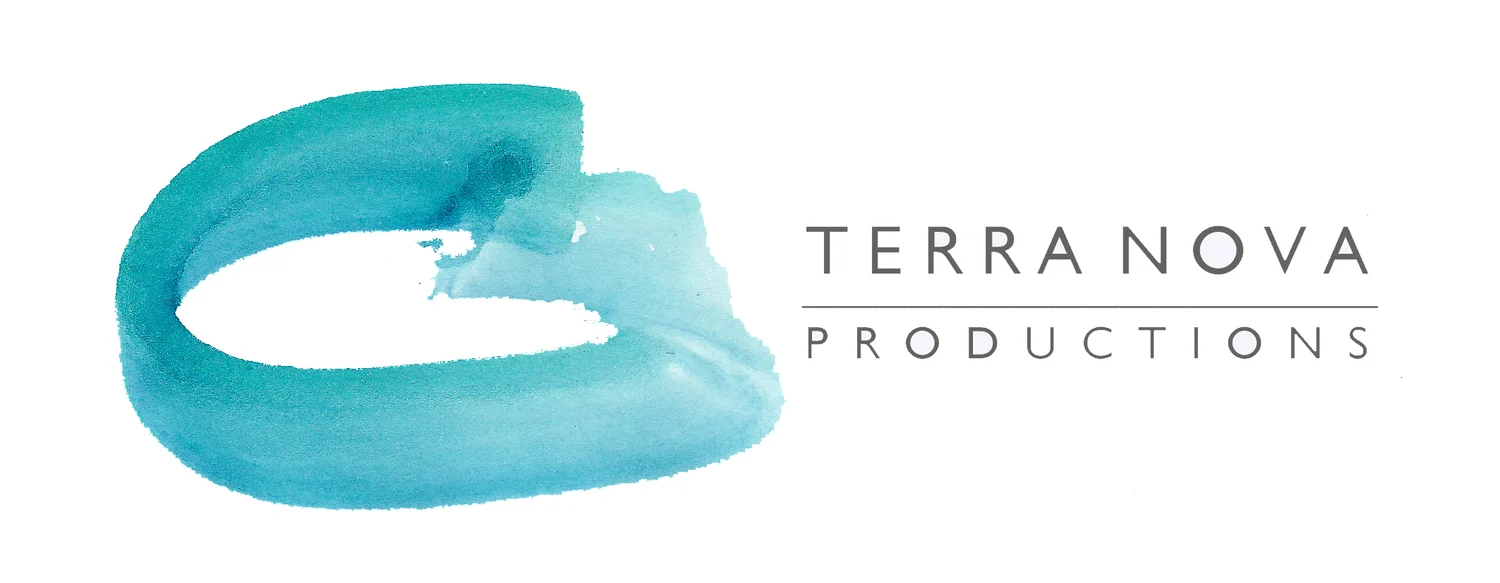our practice not ‘best’ practice
Here at Terra Nova, we’ve spent 17 years learning from trial-and-error and building our practice. We don’t say it’s the best practice, just our best, based on Terra Nova’s experience. It is a culturally-specific practice, in that it has evolved in Northern Ireland, which is a post-conflict society. It is professional. We have brought it with us when we’ve worked around the world, always seeking to work equitably. It is influenced by our founder and Artistic Director who is from the global north, and grew up largely in the global south, as a third culture individual influenced by United Nations policy.
You can peek into ‘the room where it happens’ with this video of our professional team exploring intercultural work community members on A Midsummer Night’s Dream at https://youtu.be/UwQ5vJw4rFc, or by watching…
A Working Definition of Interculturality
For us, interculturality is what happens at the points where cultures rub together, like tectonic plates, sparks fly and something new is forged. Intercultural work does NOT:
insist that people are integrated into the dominant culture
ask a host culture to abandon its identity, values, joys, sorrows or memories
Instead it asks people to come together and forge a new shared culture, joint values, that sometimes mean we need to be tolerant of value dissonance. It asks that we be aware of equity, and tolerant of difference, being mindful of who has power in the room, and finding ways of working together, for however long the group decides.
Gaining Experience and Developing Practice
Terra Nova Productions is Northern Ireland’s intercultural theatre company, and has worked for 17 years in the area of cultural diversity, with community relations at the heart of many of our projects.
Although we’ve always worked interculturally, at first it was just instinctive: four years in Hong Kong and Macau, the development of All at Once I Saw A Crowd with Artists from three continents, and the hundreds of exploratory intercultural workshops that fed into the Ulster Kama Sutra. Our practice took shape with our Arrivals programme in 2014. Our five ‘Arrivals’ productions of ten original plays (!) were all developed through deep engagement with indigenous Northern Irish, minority, and incoming communities. They brought true stories and real issues to the stages of Northern Ireland with professional actors of different races, from Britain, Ireland and the world. The years of learning on the Arrivals programme allowed us to create unique empowerment and reconciliation methodologies.
Over the last eight years we have used these to deliver upwards of a dozen successful good relations funded projects in Belfast CC, Antrim and Newtownabbey BC, Ards and North Down BC, and Fermanagh and Omagh DC, including last year’s No Hate Here in Newtownards.
Our large-scale Shakespeare projects (The Belfast Tempest 2015-2016, Midsummer Night’s Dream 2017-2019), with peace and reconciliation at their heart, have featured engagement with close to 2000 participants, born in more than 60 cities across the globe, and generated huge performances in specially-created pop-up theatres. They were only possible because we snagged one-off large pots of funding not normally available to us in Northern Ireland, and with their enormous multi-annual community and audience engagement programmes they allowed us to test ideas on an unprecedented scale. It was during EU PEACE IV-funded Dream that learning from Arrivals crystallized into our new ‘Heart of the Arts’ ethics programme.
We’ve run projects in many languages, and co-created with colleagues in Hong-Kong, Macau, Greenland, Iran, Egypt, Canada.
We haven’t been alone in this journey. Our intercultural and ethical methodologies have featured in a range of academic articles, as well as books on intercultural performing arts from the University of Galway and the University of Melbourne. In 2015 Belfast City Council chose us as the subject of their presentation on innovative cultural diversity practice in Belfast, at that year’s Eurocities conference in Slovenia. for four years we’ve worked hand-in-hand with EastSideArts to deliver our HOME project supporting co-creation by intercultural artists working with inner East communities. In 2018 we shared our methodology at a research intensive organised at the University of Galway by Academic, Charlotte McIvor, on intercultural best practice in performing arts and community engagement.
We have been shortlisted for the excellence of our intercultural community engagement at the 2017 National Diversity Awards, and the 2020 National Campaign for the Arts’ Heart of the Arts Awards.
During 2020 and 2021, we funded over 20 artists to make intercultural film and auditory work.
In addition to working in Northern Ireland we have co-created projects addressing sectarianism, cultural diversity and post-colonialism in Hong Kong, for three years in Macau,and in jointly Egypt & Belfast. We worked in Iran in January 2009, and with the National Theatre of Greenland in 2013. We are currently in discussion to work with academic and theatre maker Tania Canas about work in Melbourne in 2022, and Tania has shared RISE Australia’s guidelines and ethics created by refugees with us in recent years.
What Else?
Take a moment to look at Artistic Director, Andrea Montgomery’s, ethical checklist, or the highly recommended informal guide for artists created by RISE in Australia.
Or contact us at info@terranovaproductions.

